A murky affair: Report stirs debate on role of teachers’ unions
States regularisation is prime issue of teachers in country
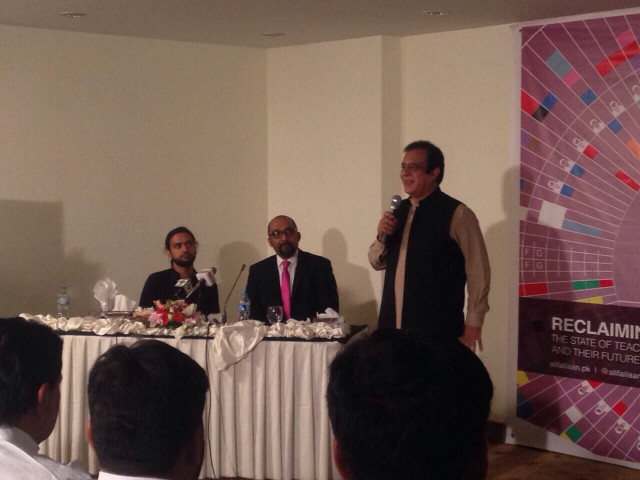
Central Vice President Pakistan Tehreek-e-Insaf Shibli Faraz speaking at the launch of the report. PHOTO: COURTESY ALIF AILAAN
Credibility of 17 teachers association and unions across the country is at stake owing to the bodies’ shot-term aims, political motivations and disorder.
These observations and a few recommendations were reported in a first-of-its-kind report “Reclaiming the Dignity: The State of Teachers’ Unions and Their Future”. The report was launched on Wednesday.
At a time when around 25 million children are out-of-school, the problems in the public education system are complex and multi-directional. They range from administrators’ and parents’ concerns about teaching quality and absenteeism. Teachers on the other hand, have been vocal about their concerns regarding poor working conditions, lack of proper service structure and non-teaching duties.
For nearly the entirety of the country’s history, several of these teachers unions and associations have engaged with the government to represent teachers’ concerns through various means. The report details the orientation and ideology of such unions.
Interestingly, issues differ as per areas as teachers of Balochistan are tired of non-teaching duties, minimal conveyance allowance and health insurance while in Punjab privatization and rationalisation policy along with non-teaching duties are stressed issues.
In the capital, the report states that regularisation is the prime issue that has been raised at several forums by the unions or associations. Teachers in Islamabad have protested several times in the last three years for regularisation of those who are daily wagers.
According to the report, political, social and legal barriers instituted by various governments and education managers in Pakistan prevent the development of teachers’ associations resulting in weakened capacity to act as constructive agents in the education reform process.
Similarly, lack of documentation and knowledge surrounding distribution of teachers’ unions in Pakistan motivated this extensive report covering all 17 teachers’ associations as well as the 28 factions researchers were able to identify.
“The report intends to fill a major gap in our collective knowledge about teachers and their collective voice. One thing that teachers’ bodies must recognise is that constructive dialogue on the role and responsibility of teachers is vital to reform Pakistan’s broken system of education”, said Ammar Rashid, lead researcher and author for the report.
The study finds that teachers’ unions and associations are primarily focused on service terms and conditions, sometimes at the expense of students’ well-being. They almost never engage with the government on issues of student learning outcomes, well-being or teaching methodology.
On the other hand, teachers argue that most provincial governments and education departments are focused on punitive and coercive measures to ‘bring teachers in line’ rather than involving them as legitimate constituents and agents in the process of education reform.
The report suggests the need for provincial governments to institute mechanisms for teachers’ union participation in the formulation of education policy.
Furthermore, the governments must also consider awarding legal recognition to credible teachers associations thereby creating internal organisational reform.
The report urges provincial governments to support, through legislation if necessary, the establishment of credible, open and transparent electoral processes within teachers’ unions and associations.
Other suggestions include the need to move their organisations towards professionalism, with a focus on improving the quality of teaching and learning in the country.
Better internal mechanisms for enforcing accountability and standards, especially to deal with absent teachers, ghost teachers and other such problems are also suggested as measures for unions to take.
Published in The Express Tribune, April 29th, 2015.

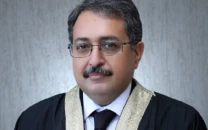
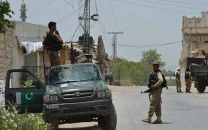
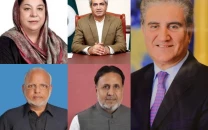
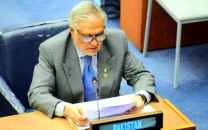

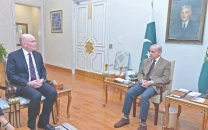




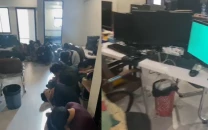







COMMENTS
Comments are moderated and generally will be posted if they are on-topic and not abusive.
For more information, please see our Comments FAQ